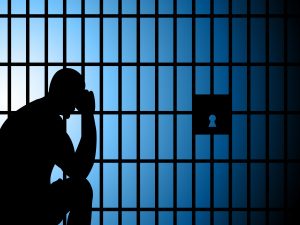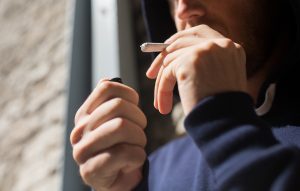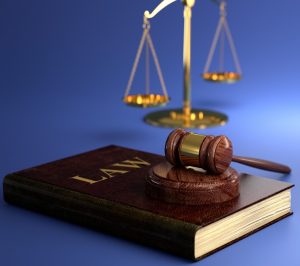
Indianapolis Criminal Defense 317-636-7514
The world of bail bonds can be a complicated and even tedious place to be. Posting bail and paying for bonds is an everyday occurrence. It is important to understand some key points about bail in order to comprehend an instance in which you need to bail a loved one from jail. Continue reading to review some common questions defendants and families of defendants have about bail bonds and jail.
What Does it Mean to “Be Processed” in Jail?
People will often have this question due to the fact that a person cannot be released from jail until they are completely processed. Processing takes place after a person is arrested and driven to the jail. In the jail they are taken to the processing center. Here, a collection of personal identification elements are entered in to the jails computer’s system, such as finger prints, photos, residential information, employment, medical history, contact information, and more.
The jail also has each inmate see a nurse for a brief medical checkup. This is to check for viral and bacterial infections and illnesses so that they are not spread to the rest of the population. It is also used to check for suicidal thoughts, anger evaluations, and more. A background check is run on the individual, as well as a warrant check. This entire “process” is also referred to as “booking” an inmate. Once the individual is processed, they are eligible to be bailed from jail, so long as they weren’t arrested under the influence. In the case that they were arrested under the influence, they would have to wait at least 8 hours (or until sober) to be eligible for release.
The amount of time it takes to process an inmate and then have them released from jail is different every day, person to person. It all depends on numerous variables, such as past violations and convictions, the arresting charges, liability, the amount of traffic through the jail, and much more. The size of the jail is another factor that contributes to inconsistent processing times. The size of the jail determines the amount of staff they have available to do the processing as well, so the smaller the jail, the smaller the staff, and the slower the processing times.
How Much Does it Cost to Get Bailed from Jail?

Criminal Defense Attorney 317-636-7514
The total amount of the bond, handed down by the courts, initially decides how much it will cost to post bail. Once this amount is configured, the next determining factor is the type of bond used to obtain a release from jail. This is a lengthy topic, in which case, we’ll only discus the most common way to obtain a quick release from jail, which is a bail bond. This is the most common form of posting bail because many people do not have enough money to cover the entire bond amount, which can reach thousands of dollars.
Posting bail with a bail bond requires the services of a bail bondsman. By state laws, bail bondsman fees are regulated to be between 10-15% of the total bond amount. So if a persons’ bond amount was $5,000, the bail bond fee would cost $500-$750. This is a non-refundable fee, and is a contract that requires signature and contractual agreement.
Will a Bail Bondsman Refuse Someone Their Services?
A bail bondsman has the right to refuse their services to anyone they may choose, just as any small business owner could. The real question is, “WHY would a bail bond company refuse someone their services?” The answer is simple. A bail bond agency basically “fronts” the cash for the bond to obtain a release from jail. Although a person is only paying 10-15% of the bond amount, the bail bond company pays the rest.
They get this money back when the arrested person shows up for their court date. This is where the contractual agreement comes into play. If they skip their court date, they are considered a fugitive of the law, and the person who signed the bond agreement to bail them out of jail is held responsible for their absence. If a bail bondsman feels the inmate that requires bail is a flight risk, meaning they are likely to skip their court dates, they will refuse to take on the case. They will not want to risk their money on a repeat violator either.
Indianapolis Criminal Defense Attorney

David E. Lewis Attorney at Law 317-636-7514
Call David E. Lewis, Attorney at Law, at
317-636-7514 if you or a loved one has been arrested in Indianapolis and is facing criminal charges. We are an aggressive, hard-working criminal defense law firm that stops at nothing to get clients released from jail as fast as possible, and build a defense that will protect them from receiving the maximum penalties for their charges. Call 317-636-7514 to schedule a free initial consultation with an
Indianapolis criminal defense lawyer you can trust.
















